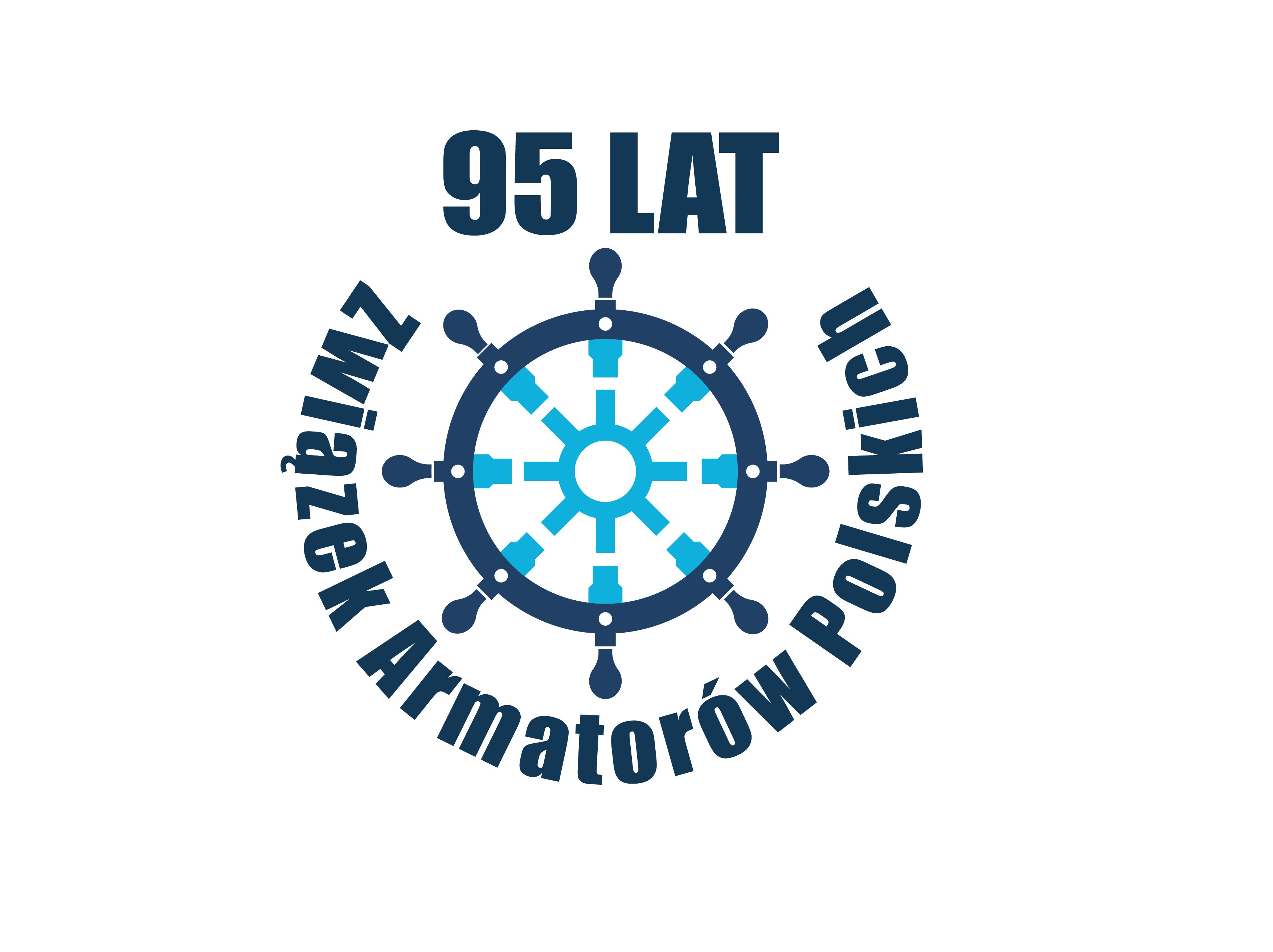On 15-16 May 2025, Szczecin was the European capital of the maritime economy. After a year’s break, maritime professionals met at the 11th International Maritime Congress.
The first, very important substantive debate of the Congress on the new industrial strategy of the European Union in the maritime sector was attended by: Fotini Loannidou – Water Transport Director of the Directorate-General for Mobility and Transport of the European Commission, Alberto Maestrini – Chairman SEA Europe the Shipyards‘&Maritime Equipment Association of Europe, Josef Maurer – Head of Maritime and Operations, European Transport Workers’ Federation, Sotiris Raptis – Secretary General, European Community Shipowners‘ Association and Marcin Talwik – President of the Board of Directors of Żegluga Polska SA, Secretary General of the Polish Shipowners’ Association.
European countries have decided to implement the European Maritime Strategy, the primary objective of which is to increase the competitiveness of the European maritime sector, but which is also important for strengthening the security of the countries of the Old Continent.
Participants in the debate drew attention to the problems that the European maritime economy has to cope with in the near future. One of them is the lack of skilled workers. Europe is importing professionals from Asia, while it should focus on educating its own workers.
We need to focus on the sciences, on training engineers who will be able to support European industry with their knowledge in the future. We should also make the seafaring profession more attractive for young Europeans, said Sotiris Raptis, Secretary General, European Community Shipowners’ Association.
Marcin Talwik, Secretary General of the Polish Shipowners’ Association, in his speech reminded that shipowners today are facing an era of transformation shaped by environmental, digital and geopolitical forces. Strategic, integrated responses are required to remain competitive while adapting to the EU ETS, FuelEU Maritime, the IMO net-zero framework and changing US policy.
So how do we stay competitive? I would like to highlight five factors. The first is and intelligent energy transition. Technological development and innovation and easy access to green financing are also important. However, action in these directions is not possible without another factor influencing competitiveness, namely, having skilled personnel at sea and on land. Finally, the importance of working with regulators and maintaining industry alliances must be recognised, said Marcin Talwik.
The ZAP Secretary General stressed that maintaining competitiveness is a very difficult task in today’s world of turbulent change. The future belongs to operators who invest wisely in clean technology, digital innovation, while maintaining competitive financing, highly qualified staff and focus on close cooperation, both industry and administrative.

